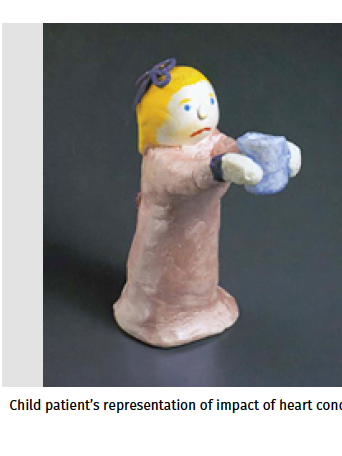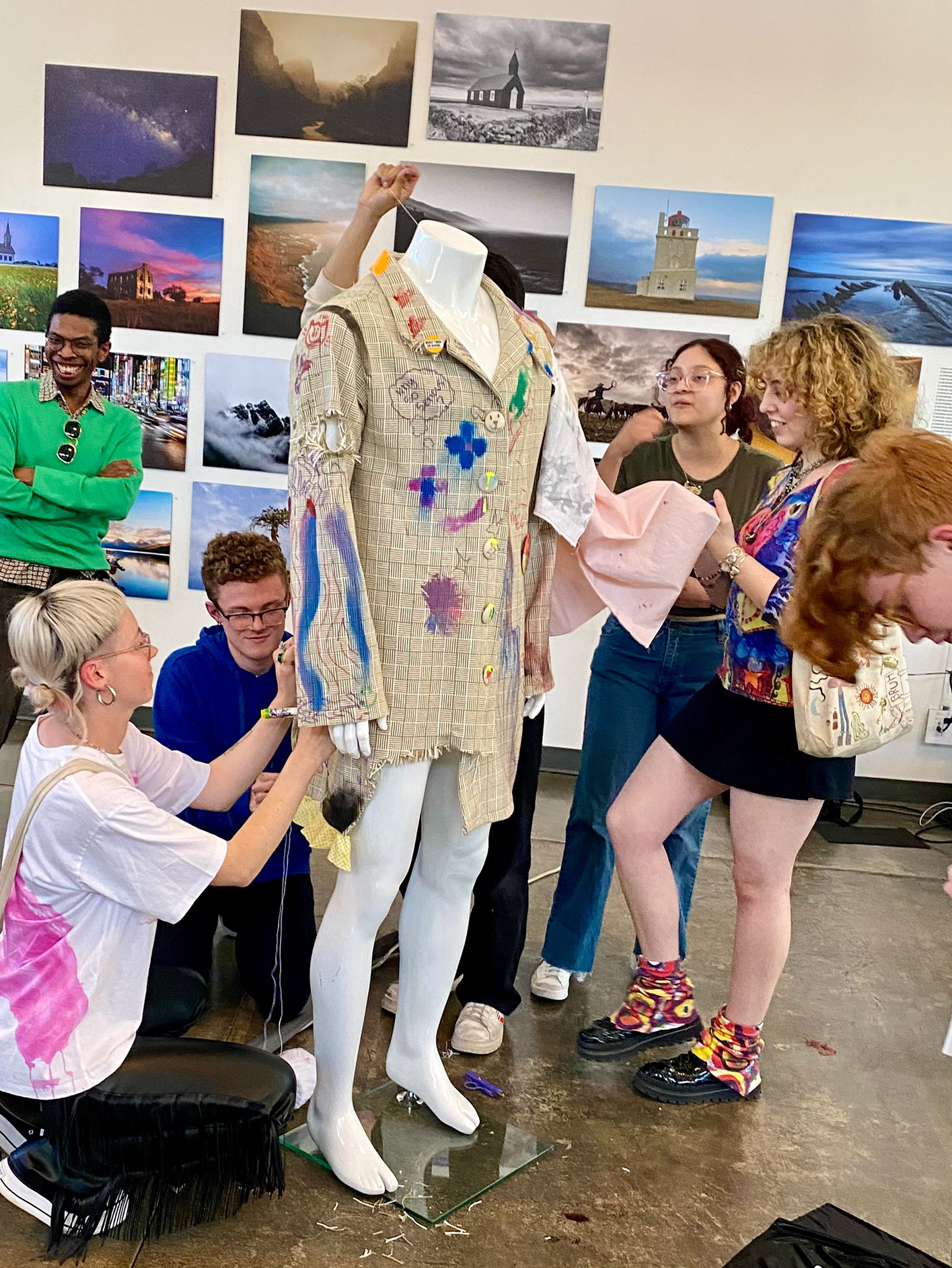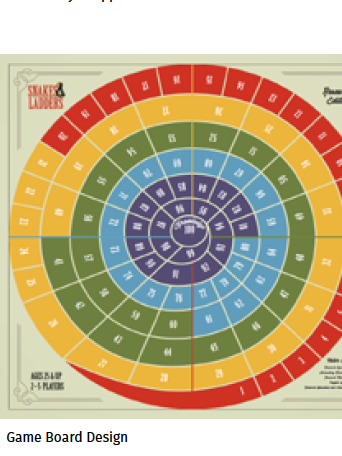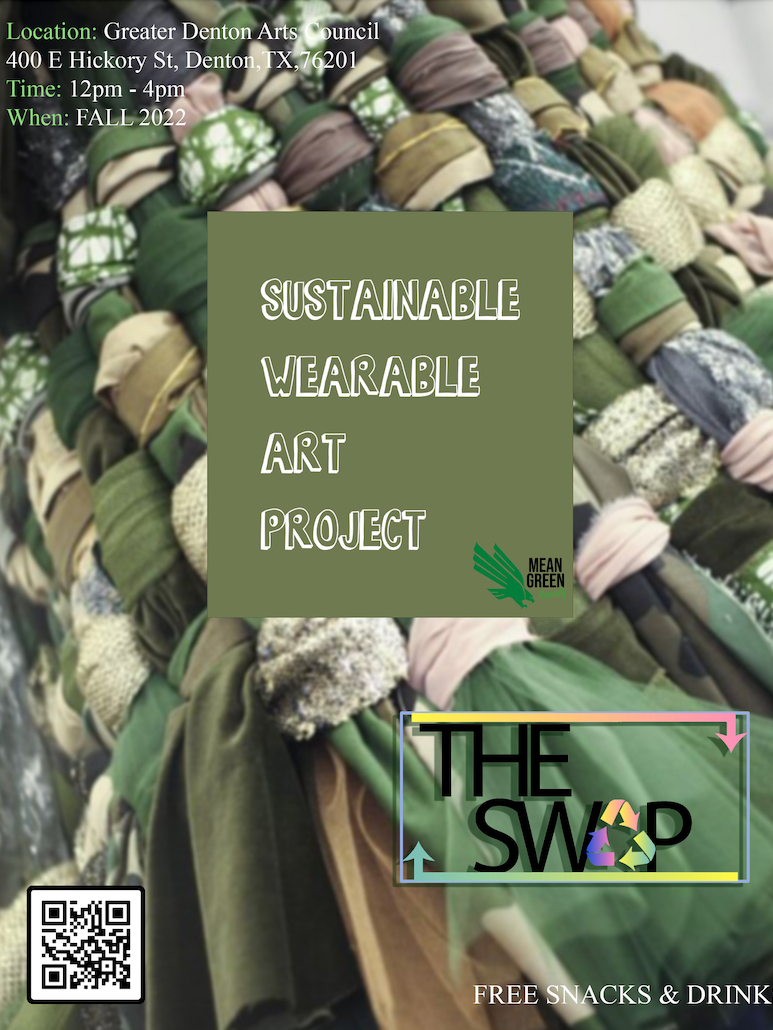Explanatory Models
We are all only Temporarily Able: Toolkits for improved health and well-being Many illnesses often result in bodily changes resulting from aggressive disease or the therapies designed to combat them. Diabetes and cancer are some of the most common illnesses that utilize subtractive surgery methods to remove infected body areas, resulting in permanent changes to the human figure. These therapies, often promoted as aggressive life-saving strategies, can further stigmatize the patient, causing them to feel singled out and further confused, wondering, “How did I get this disease? Why me?” These challenges are often further compounded when patients contrast their lived experiences with the idealized body images promoted in popular culture. As a breast cancer survivor, I have experienced firsthand some of the struggles a patient can experience as they try to come to terms with some of the bodily modifications, which are often the side effect of specific therapies. This research proposes the development of a flexible toolkit to blend the diverse expertise of health care providers and experience designers to assist individuals dealing with the stigmas related to bodily changes associated with disease and their related therapies. During concept development and prototyping, the application of design thinking strategies and arts-as-therapy-based methodologies are explored with application toward the development of flexible toolkits for building empathy with patients who have experienced various forms of body mutilation associated with certain types of illnesses. Both additive manufacturing and 3D modeling software avatars are also explored as part of emerging technologies in this field for more advanced and projective outcomes. The team-based approach for this research includes the participation of multiple stakeholders to have an inclusive audience of healthcare practitioners, patients, engineers, artists, and designers to explore patient perspectives and their first-person lived experience and barriers to “normalizing” in post-therapy or chronic illness situations.
You may also like









